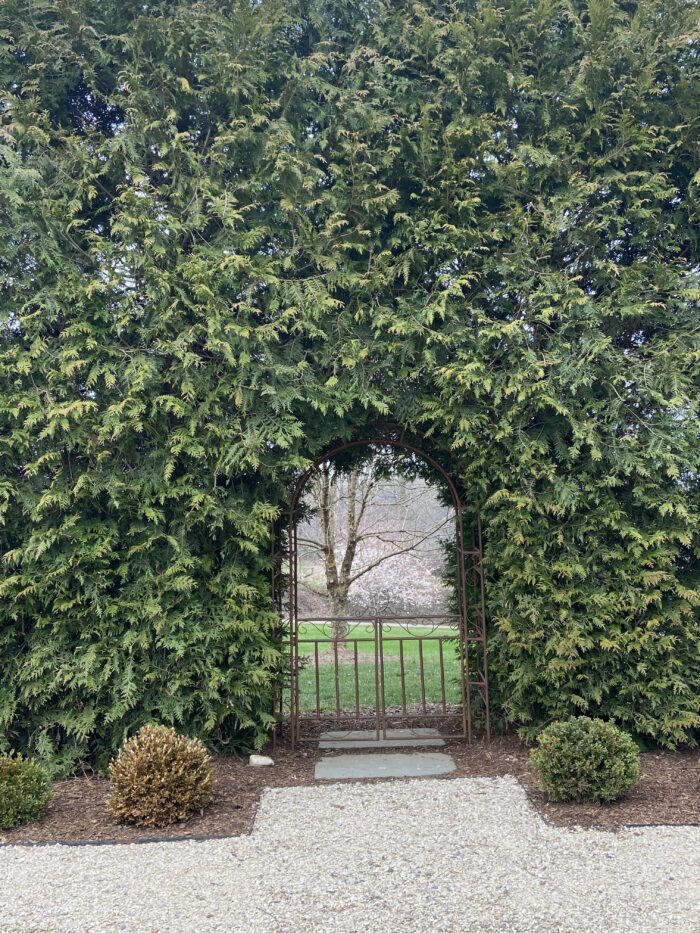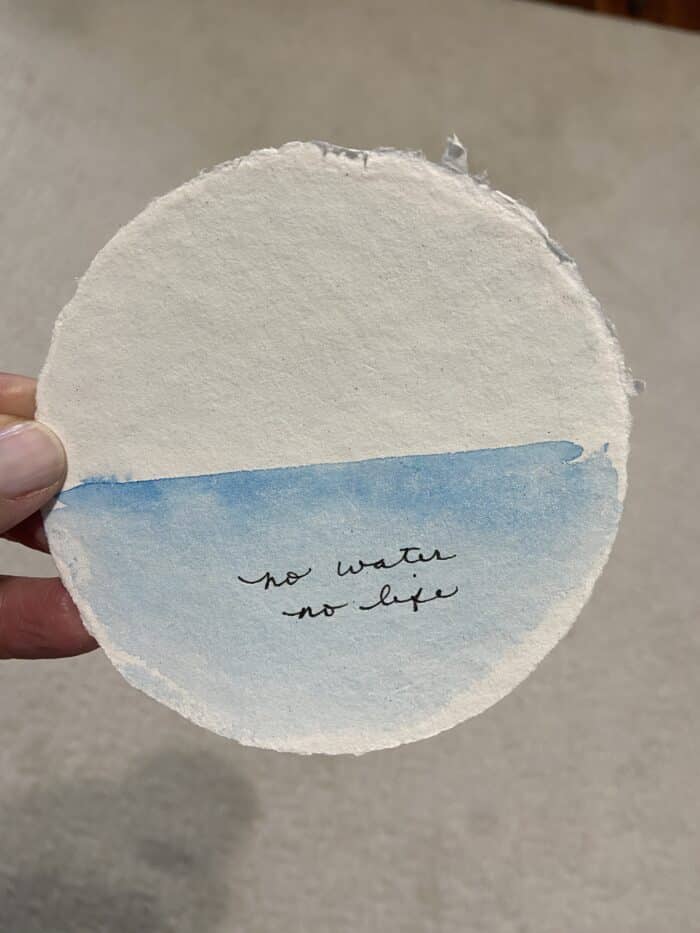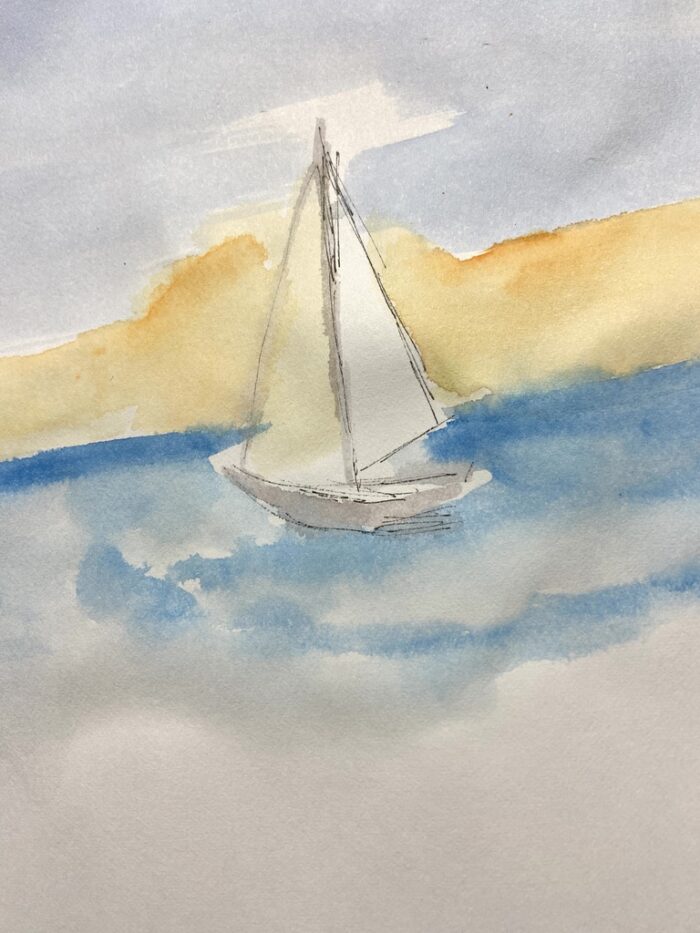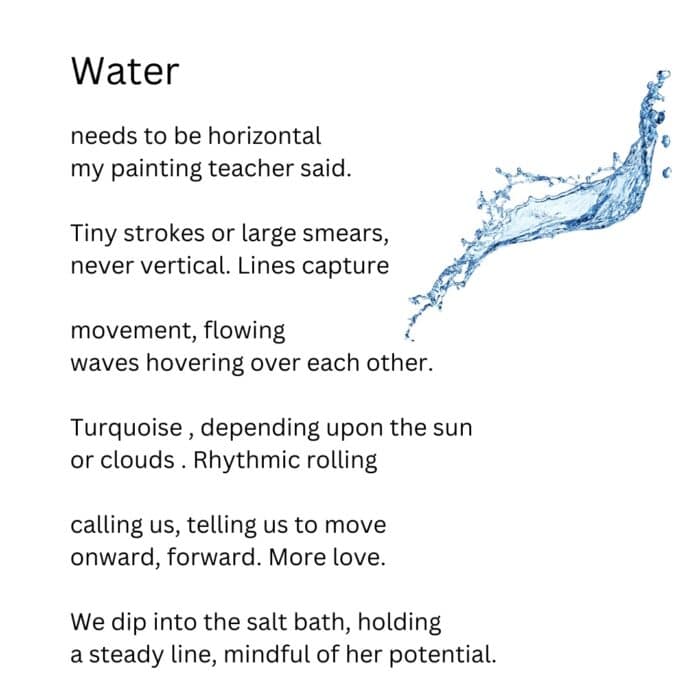
Uncertainty tolerance.
I was surprised to see my anxiety levels elevated lately, but I’m coming to terms with it. We are considering moving- either to another house in Fredericksburg or into a retirement community in another town. All this is happening right before we plan a long trip to Rhode Island, my childhood home.
Everything has seemed out of order these days- my sleep, my gut, and my mood have all tanked. When I listened to this podcast at 4am when I couldn’t sleep, I realized my uncertainty tolerance had disappeared. I usually release feelings of control. After all, there is little we can do about, well, most things. But the past two weeks have found me trying to manage stress like this;
- trying to guess how healthy I will be in ten years
- structuring my eating on the various books and plans I’ve read about to find the perfect solution
- reading the MLS for homes at least 5 times a day, “just in case” I miss a house going on the market
- listening to too many podcasts about how to live a healthy life as an older person
- buying one more sleep solution (a pill with gaba and juju something or other) to solve my sleep issues
Yes, you see my attempt to control those issues that are causing me stress– are actually causing me more stress. :)
Elissa Epel, author of The Stress Prescription, says “people who tend to be high on intolerance of uncertainty experience experience more stress and anxiety.” A better solution is getting more comfortable with uncertainly and getting used to being “ok” with that, she says.
My intention today is to try to let go, think about what I can control and what I can’t. I’ve let my meditation practice slip lately or I pretend that taking a long walk is all I need. That’s part of it, but I want to be more intentional about my practice.
“Things don’t really get solved. They come together and they fall apart. Then they come together again and fall apart again. It’s just like that. The healing comes from letting there be room for all of this to happen: room for grief, for relief, for misery, for joy.”
Pema Chodron




